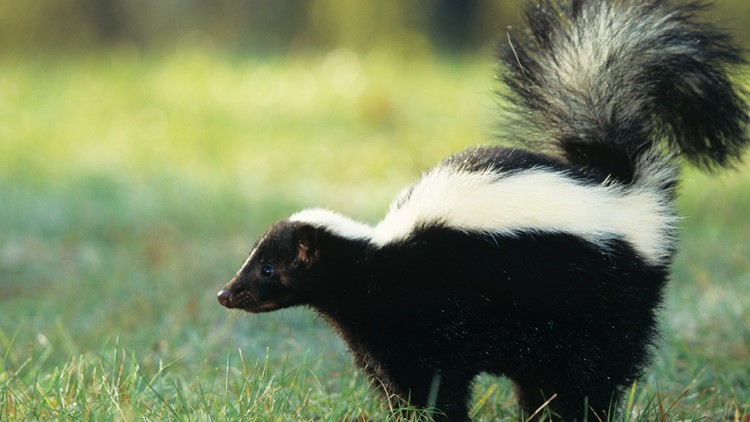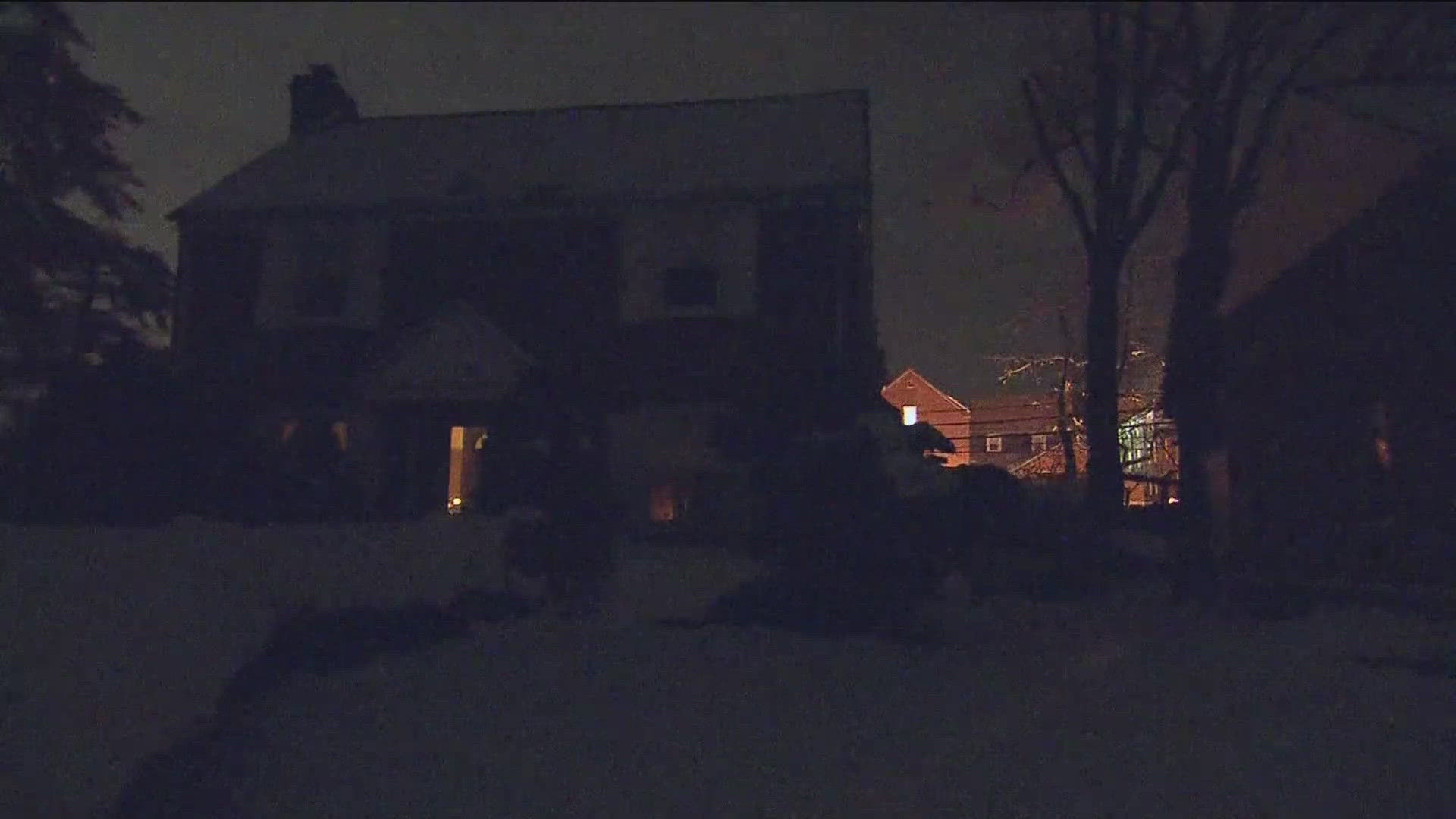OTTER TAIL COUNTY, Minn. — Five people are being treated for exposure to rabies after a kitten who was bitten by a skunk tested positive for the deadly virus.
The Minnesota Board of Animal Health says the case dates back to October 16, when the owner of an Ottertail County farm heard a commotion on her front porch and then saw a skunk attacking a 6-month-old kitten. After separating the animals the woman saw blood and bite marks on the kitten's leg.
Weeks later in early November the farm owner, her 4-year-old son and her pregnant sister were all bitten by the kitten. The animal was then euthanized and tested for rabies. On November 12 those test results came back positive.
The three people bitten by the infected kitten, plus two others with potential exposure, are being treated by physicians while state investigators attempt to determine potential rabies exposure to a number of animals on the farm. Those animals include two dogs that have been vaccinated, nine additional unvaccinated cats, a horse and beef cattle.
“Minnesota skunks have a very high probability of carrying the rabies virus,” said Board of Animal Health Senior Veterinarian Dr. Courtney Wheeler. “Anyone who observes a pet or livestock interacting with a skunk should contact their veterinarian and the Minnesota Board of Animal Health for recommendations.”
Here are some additional recommendations for limiting your exposure to rabies.
- Vaccinate all dogs, cats, ferrets and horses against the rabies virus and keep them up to date.
- Confine pets or livestock that are bitten by a bat, skunk or other wild animal and consult your veterinarian and the Board for next steps.
- The minimum confinement period for domestic animals exposed or potentially exposed to the rabies virus is 45 days and may be as long as 180 days.
- Pets or livestock exposed or potentially exposed to the rabies virus should see a veterinarian within 96 hours for a rabies vaccination.
- Veterinarians should contact the Board at 651-201-6808 whenever a domestic animal is suspected to have been exposed to the rabies virus.
To learn more about rabies in animals and view a map of positive cases in Minnesota, check out the Board of Animal Health's website.



